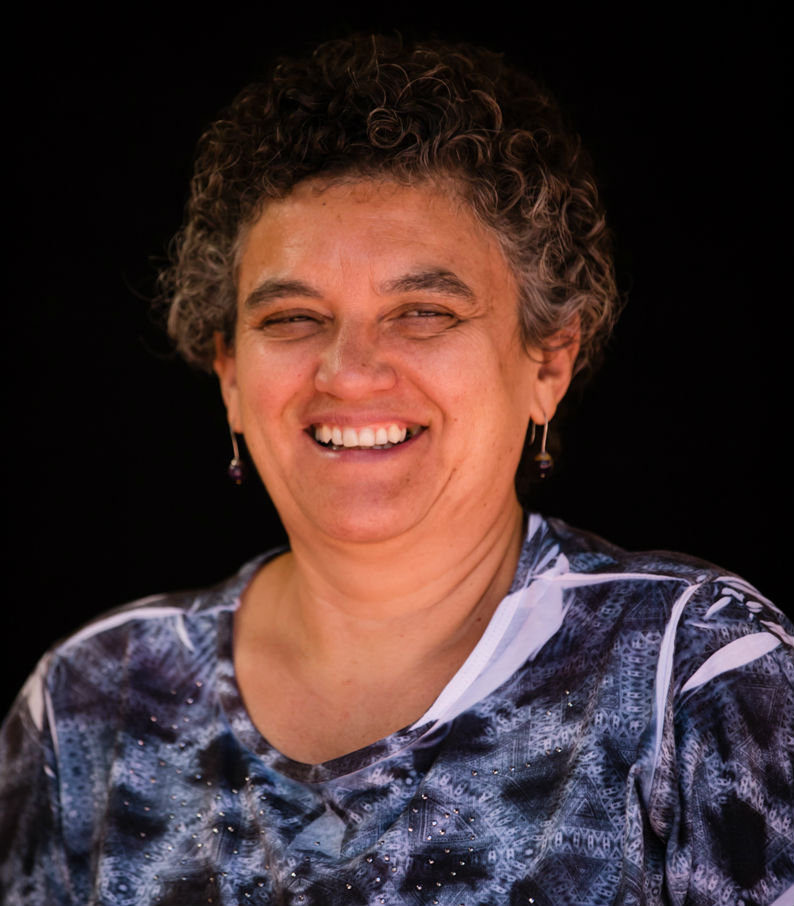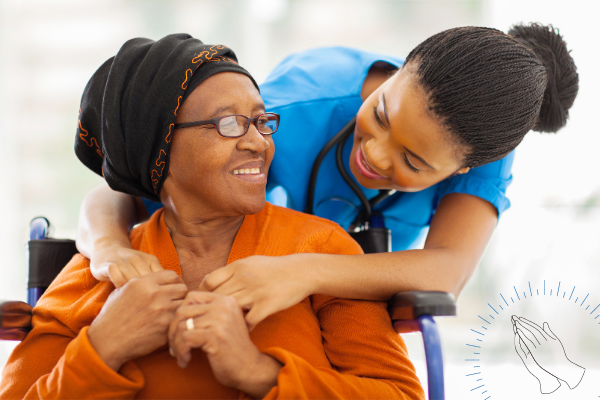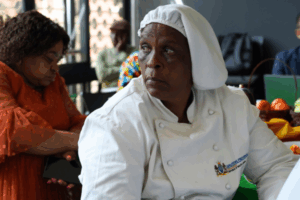The Covid-19 pandemic is helping us to see that care work is firmly at the centre of the sustaining of our society. Humanity is dependent on both the unpaid and paid care work that women all over the world are performing. Care work is at the heart of any kind of economic stimulus and without it, we can’t even think of post-COVID-19. Yet, care work is overlooked, devalued and taken for granted.
Since the start of the pandemic, how often have we heard, ‘stay in your home’? The image evoked is your home as a place of safety and a place where you’ll be cared for if you get sick. In this picture, there’s usually a woman – a mother, wife, daughter, grandmother – who is creating this safe place. She is the one expected to find the food you’ll eat even when there is no money and everyone is locked indoors. She is the one who’ll treat you when you’re feeling sick even if all she can provide are loving words because there’s no money for medication and the costs and distance of finding a doctor is insurmountable. Now that same mother, wife or grandmother is expected to make sure that the child who might previously have had a meal at school is fed, entertained and educated even if the only learning materials available have been locked away in schools since the start of the lockdown on March 26.
In our health system, it’s the health care worker, the majority of whom are women who carry the burden of care. It’s the nurse and the community health care worker who is most intimately involved in the care of patients. These are the unsung heroes of our clinics, hospitals and old age homes. With the roll-out of COVID 19 testing to the community, the health care worker is in the eye of the storm of this pandemic. Travelling with public transport, in constant fear of contracting the virus, returning home anxious that she might be infecting her family, the health care worker is expected to remain the ultimate professional, focused on educating, providing treatment and opening her heart to all those who need to be cared for.
Whether paid or unpaid, it is these women in our homes, our clinics and in our streets doing COVID 19 testing that we salute this Workers’ Day.







